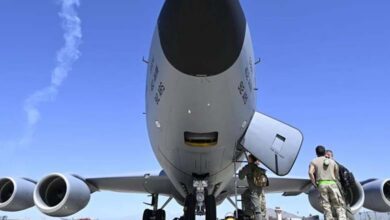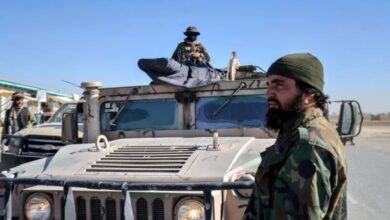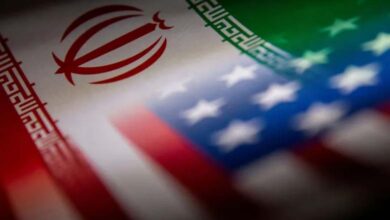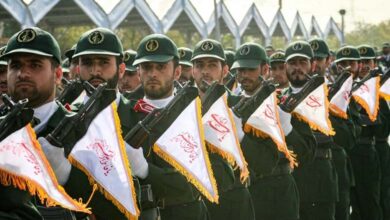UN Concerns Grow Over Escalating Fighting in El Fasher Between Army and Rapid Support Forces
Senior United Nations officials warned the United Nations Security Council on Friday of the risks of a new front emerging in Sudan related to control of the city of El Fasher in Darfur, where residents are on the brink of famine

The United Nations Under-Secretary-General for Political Affairs, Rosemary DiCarlo, said the country was facing “a wholly man-made crisis,” one year after the start of the war between the army led by General Abdel Fattah al-Burhan and the Rapid Support Forces led by his former deputy, General Mohamed Hamdan Dagalo.
She added that “the warring parties have repeatedly ignored calls to cease hostilities, including those from this Council. Instead, they have hastened their preparations for further fighting,” citing “the continued recruitment campaigns of civilians by the Sudanese armed forces and the Rapid Support Forces.” She expressed particular concern about reports of a possible “imminent” attack on El Fasher, which risks opening “a new front in the conflict.”
El Fasher is the capital of North Darfur state, where many displaced people have sought refuge after being spared from the war between the two sides for a long time.
The Rapid Support Forces led by Dagalo, also known as “Hemetti,” currently control four out of the five capitals of Darfur states, except for El Fasher, which houses armed rebel groups that had until recently pledged to stay one party removed from the conflict, thereby avoiding slipping into violence.
However, this stance changed with the announcement of rebel groups that they have decided to fight the Rapid Support Forces due to the “provocations and violations” attributed to these forces in El Fasher.
The fighting in El Fasher has raised international concerns about the fate of the city, which was a major hub for relief and aid distribution. Since mid-April, shelling and clashes have been reported in surrounding villages.
Edem Wosornu, director of operations at the United Nations Office for the Coordination of Humanitarian Affairs (OCHA), said there were “ongoing reports of fighting in the eastern and northern parts of the city, resulting in the displacement of over 36,000 people,” noting that Médecins Sans Frontières had treated over 100 victims in El Fasher in recent days.
She added that “the total number of civilian casualties is likely much higher,” warning that “these acts of violence pose a grave and immediate threat to the 800,000 civilians living in El Fasher, which risks sparking further violence in other parts of Darfur.”
Meanwhile, DiCarlo said that “fighting in El Fasher could lead to a bloody intercommunal conflict across Darfur” and exacerbate hurdles to humanitarian aid distribution in an area that is “already on the brink of famine.”
In just one year, the war in Sudan has led to thousands of deaths, including up to 15,000 people in Djenné, the capital of West Darfur state, according to United Nations experts.
Moreover, the war has pushed the country, with a population of 48 million people, to the brink of famine, already destroying an already fragile infrastructure and displacing over 8.5 million people, according to the United Nations.












